Q And A With Personal Trainer Devon Chang – Returning To The Gym Following Injury
Photo by Jonathan Borba on Unsplash
We get a number of questions from our clients who are eager to return to the gym and their other regular activities. This month’s guest blogger, Devon Chang, is a CESP – Certified Personal Trainer at World Heath Club (Jasper Ave location) and has some excellent information for those looking to transition back to the gym after an injury!
Q) I’ve had an injury and my physiotherapist says I can start back at the gym; where should I start?
A) With the green light from your physiotherapist, it would be the best to start with the very basics. The goal here is to re-groove the basic movement patterns and muscle activation that you were doing prior to your injury; such as core and glute activation, squatting and hip hinging, and pushing and pulling movements to name a few. We want to avoid jumping right back into our old training as we need time to allow our bodies to rebuild what was lost during the healing process.
In summation, we are looking to regain our full range of motion, move effectively and start to rebuild our strength as a whole. Regardless of your experience, type of injury or goals moving forward, it would be in your best interest to consult a fitness/ post rehab professional.
Q) How often should I be working out once I am back to training?
A) Coming back from an injury is tough. Our habits are thrown off and our bodies don’t feel like working like they used to…yet. It is important to rebuild those lost habits (or continue) and get back on track. Starting 3 times a week working with resistance training with the addition of 1-2 maintenance (focus on injured area; mobility/ flexibility; active recovery) days is a fantastic place to begin. From here we can look to increase our gym frequency and continue to progress to where we left off prior to injury. If you were training less than 3 times a week prior to injury then continue to move forward in your programming and coming back even strong than before.
Q) What is the advantage of consulting with a fitness/ post-rehab professional following an injury?
A) One of the greatest advantages to consulting and working with a fitness/ post-rehab professional is it takes the guess work out of the process. The job of your coach is to help you progress efficiently through your program and support you in rebuilding your habits and overall health and fitness.
Moreover, the main goal is to rebuild functionality and strength within your injured area and regain your confidence in that body part or parts. Whether that is guiding you through a program built by your physiotherapist or assessing you and building a program for you from scratch, your coach will help get you back to where you want to be and beyond.
A) What should I keep in mind to prevent re-injury?
Q) Injuries happen. Whether you’re a competitive athlete or a weekend warrior and casual gym goer, injuries still happen. Our responsibility is to prepare ourselves to avoid them the best we can. Many injuries are freak accidents while others could have been prevented. However, we should keep in mind how we got injured in the first place and what plans we need to follow to build everything back up stronger and more stable.
More specifically, we target and strengthen the previously injured area and surrounding area. I know that’s a very broad statement but keeping in mind the necessity of building a strong foundation stemming from your core and moving outwards and towards all areas; including the injured ones. Be patient and ease back into your program while being extremely mindful of your form and muscle activation. The best approach is to consult a professional to help get you started on the right track.
Q) I’ve never lifted weights before but my physiotherapist recommended weight training to help prevent injury in the future; where should I start?
A) This right here is one of the biggest road blocks many people face. And that’s ok. You don’t know what you don’t know. So please don’t be afraid or too proud to ask for help. If your car broke down would you try and fix it yourself or would you call a mechanic? Now you mechanics out there shush, you know what I’m getting at. Same goes for bouncing back from an injury or simply learning how the gym works.
To avoid getting hurt again or falling off the wagon, it is imperative to learn the basics of human movement and functionality. I’m not talking about training for the next Olympic Games (unless you want to then by all means go for it!) but I’m talking about keeping your body happy and healthy. This is where consulting and if it’s a good fit, hiring a professional to teach you how to do it. You learn. You apply. You learn. You apply. The internet can teach you theory and provide good instructional videos (make sure it’s a credible source) but being hands on with someone who knows what’s up will go even further to becoming knowledgeable and more independent. That is how you will build your foundation and understand how this whole gym and training thing works.
Q) I’m back at the gym following an injury and haven’t noticed any of my old symptoms, how quickly can I ramp up my training?
A) First and foremost, consult with your physiotherapist and/or the fitness professional you are working with. Better to be safe than sorry right? One rule of thumb that I personally apply is this: if it hurts stop doing it! Now that’s pretty vague but essentially I mean ease into increasing the difficulty and be patient. Make sure your body is stable and in proper position. The litmus test is pain or transitioning into bad form. That is where you dial it back and reassess.
Q) I would like to return to my group exercise classes now that my symptoms have almost been resolved; any tips for success?
A) Ah yes. Group exercise! A fantastic place for camaraderie and getting your butt whooped by someone twice your age. Kudos to that person! Group exercise is great and always a very diverse place of skill level and intensity. When getting back into the groove of group ex we have to keep in mind basically everything we just covered above and then some. It is important to push ourselves but also important not to compete with the other 40 people attending the class. We are coming off an injury and have to be diligent in performing the class with solid form and at the pace that is conducive to our post-rehab goals.
In group ex we lack the advantage of having someone analyze and cue our every move so it is up to us to follow and perform the movements led by the instructor to a tee. Otherwise we could jeopardize our recovery and perform the exercises with poor form and movement patterns. Go at your own pace and use the appropriate weights and movements for where you’re at in your recovery. If in doubt ask for help or advice from the instructor leading the class. Always consult with your physiotherapist or the professional leading your recovery.
Devon Chang is a 2013 University of Alberta graduate with a Bachelor of Physical Education and Major in Sport Performance and Physical Activity. Originally from Yellowknife, Northwest Territories, he came to Edmonton as a young teenager in pursuit of hockey excellence and ended up finding his passion for helping people with their health and fitness. Devon has been a CSEP-Certified Personal Trainer since 2012 and is currently working with the team at World Health Jasper Avenue as an Elite-Level Trainer and club Integration Manager.
Discover more at https://worldhealthedmonton.ca/clubs/jasper-avenue/


